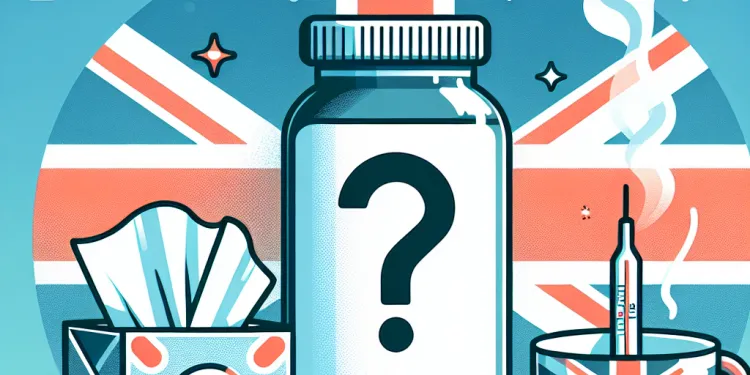
Find Help
More Items From Ergsy search
-
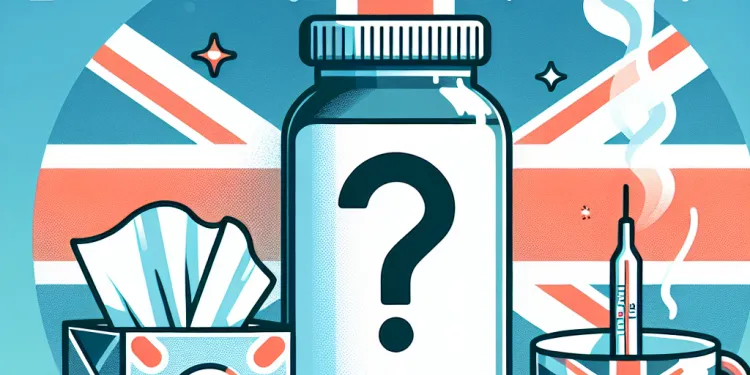
Can I take antibiotics for a cold?
Relevance: 100%
-

Antibiotics and You: An introduction to antibiotic resistant infections
Relevance: 71%
-

Do antibiotics work on viral infections?
Relevance: 64%
-

Is it bad to take antibiotics?
Relevance: 63%
-

Is taking antibiotics always bad?
Relevance: 60%
-

Can taking antibiotics be harmful?
Relevance: 60%
-

Can cold weather cause a cold?
Relevance: 57%
-

Is there a way to cure a cold quickly?
Relevance: 56%
-
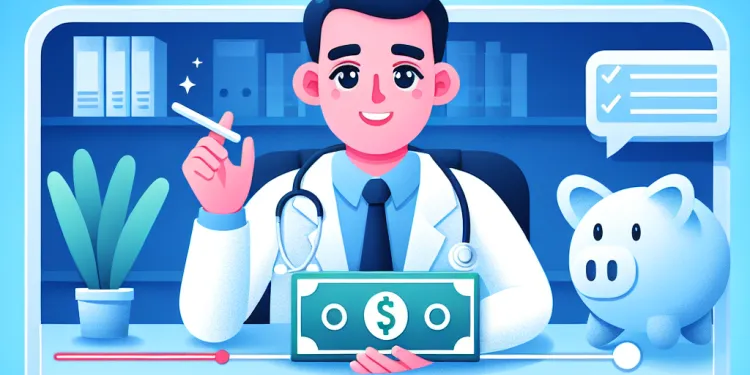
Should I see a doctor for a cold?
Relevance: 56%
-

Should I stop taking antibiotics if I feel better?
Relevance: 56%
-

How to treat a cold | NHS
Relevance: 55%
-

How to Treat a Common Cold
Relevance: 55%
-

What is antibiotic resistance?
Relevance: 54%
-

Can taking antibiotics frequently cause resistance?
Relevance: 54%
-
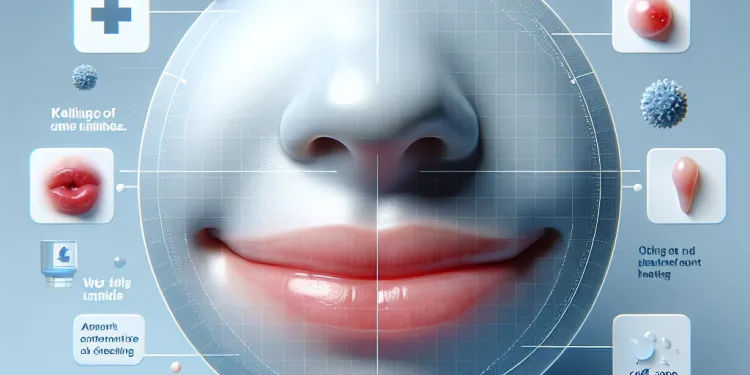
What are Cold Sores?
Relevance: 52%
-

How long does a common cold typically last?
Relevance: 52%
-

Is there a cure for cold sores?
Relevance: 52%
-

Why is antibiotic resistance a problem?
Relevance: 51%
-

Are cold sores contagious?
Relevance: 51%
-
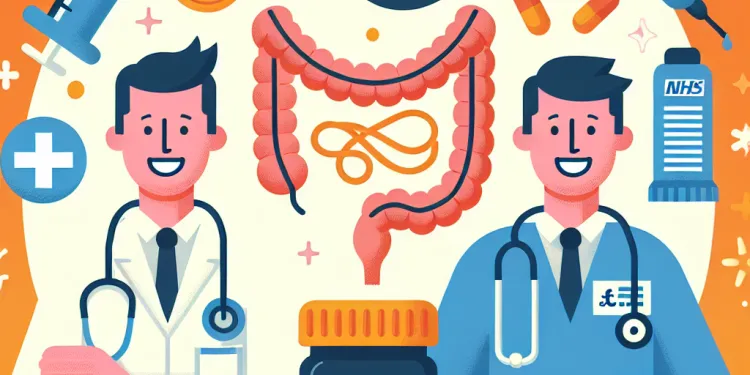
Can appendicitis be treated with antibiotics?
Relevance: 51%
-

What causes cold sores?
Relevance: 50%
-
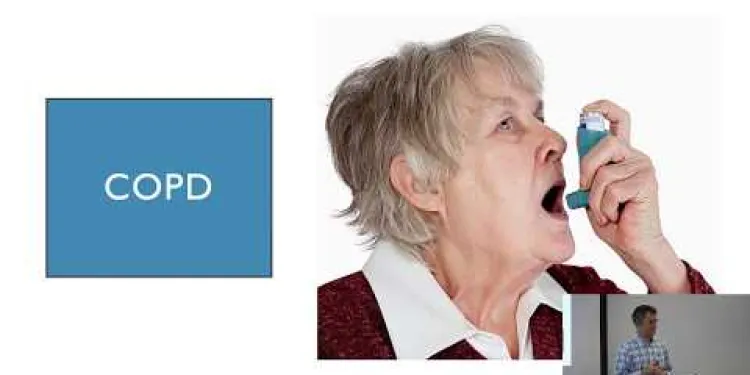
Acute COPD in Adults: Antibiotics or not - Dr Nick Francis
Relevance: 50%
-

What are the symptoms of a cold sore?
Relevance: 50%
-

What are the common symptoms of a cold?
Relevance: 49%
-
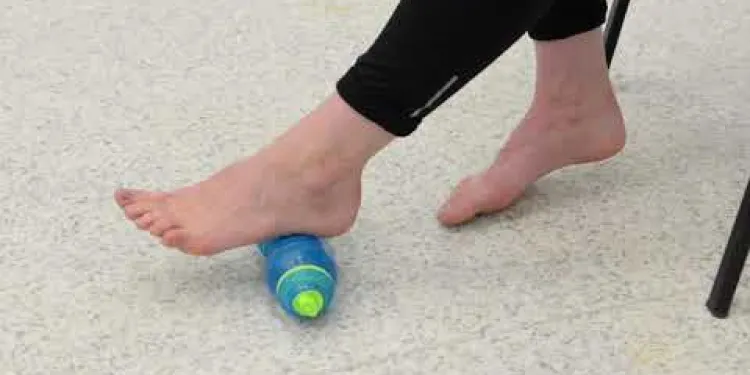
Plantar Fascia Cold Therapy
Relevance: 49%
-

Is it safe to exercise with a cold?
Relevance: 49%
-

What are common side effects of antibiotics?
Relevance: 49%
-
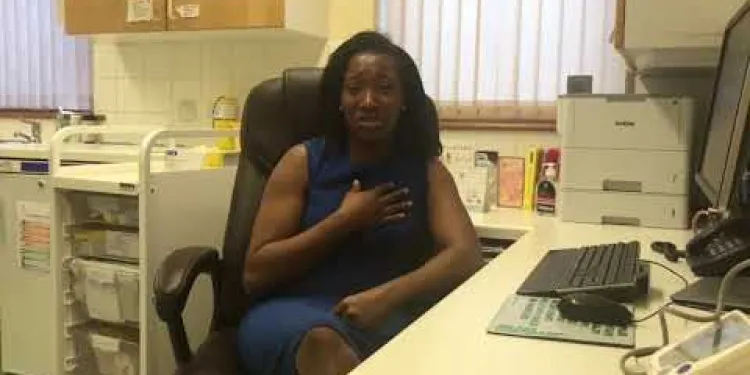
What should you do if you have a cough or cold?
Relevance: 49%
-

How are cold sores transmitted?
Relevance: 49%
-

Why is antibiotic resistance a concern with gonorrhoea?
Relevance: 49%
-

Can antibiotics treat norovirus?
Relevance: 48%
-

What antibiotics are used to treat gonorrhoea?
Relevance: 48%
-
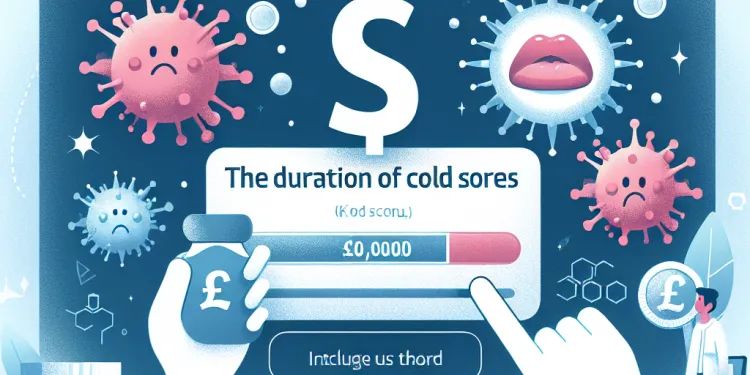
How long do cold sores last?
Relevance: 48%
-

What triggers a cold sore outbreak?
Relevance: 48%
-

Is Vitamin C effective against colds?
Relevance: 47%
-

How effective are antibiotics in treating Lyme disease?
Relevance: 47%
-

How can I prevent cold sores?
Relevance: 47%
-

Can the bubonic plague become resistant to antibiotics?
Relevance: 47%
-

Is it safe to take cold showers during a heatwave?
Relevance: 46%
-

Can antibiotics alone cure flesh-eating disease?
Relevance: 45%
Can I Take Antibiotics for a Cold?
Understanding the Common Cold
The common cold is a viral infection predominantly caused by rhinoviruses. It affects the upper respiratory tract, and symptoms include a runny nose, sore throat, cough, and congestion. Since it is caused by viruses and not bacteria, antibiotics, which are designed to target bacterial infections, are ineffective in treating colds.
What Are Antibiotics?
Antibiotics are medications used to treat bacterial infections. They work by killing bacteria or preventing their growth. Some common bacterial infections that require antibiotics include strep throat, certain types of pneumonia, and infections like urinary tract infections. However, antibiotics do not work against viral infections like the common cold, flu, or most sore throats.
Antibiotics and Viruses
Using antibiotics to treat viral infections such as a cold not only is ineffective but can also contribute to antibiotic resistance. This occurs when bacteria evolve and develop the ability to defeat the drugs designed to kill them, making future bacterial infections harder to treat. Healthcare providers in the UK and worldwide advocate for the prudent use of antibiotics to combat the growing global issue of antibiotic resistance.
Managing Cold Symptoms
While antibiotics are not suitable for treating a cold, there are several ways to manage and alleviate symptoms. Over-the-counter medications, such as decongestants and antihistamines, can help relieve symptoms. Additionally, maintaining hydration, getting adequate rest, and using a humidifier can also provide relief. Consulting with a pharmacist or a healthcare provider for tailored advice is always a wise step.
When to See a Doctor
If your symptoms persist beyond a couple of weeks or if they significantly worsen, it may be necessary to consult a healthcare provider to rule out other possible conditions. In the UK, the NHS provides guidelines and services to help citizens determine whether a doctor's visit is necessary. Remember, avoiding unnecessary antibiotics helps not only in managing individual health but also in protecting public health. Always seek professional medical advice for appropriate treatment.
Can I Take Antibiotics for a Cold?
What Is the Common Cold?
The common cold is an illness caused by a virus. It affects your nose and throat. You might have a runny nose, sore throat, cough, and feel blocked up. Antibiotics do not help because they only work against bacteria, not viruses.
What Are Antibiotics?
Antibiotics are medicines for bacterial infections. They kill bacteria or stop them from growing. People take antibiotics for things like strep throat or certain kinds of pneumonia. But antibiotics do not work on colds, the flu, or most sore throats because these are caused by viruses.
Antibiotics and Viruses
Taking antibiotics for a virus, like a cold, does not help and can be harmful. Using antibiotics when you don't need them can cause antibiotic resistance. This means the bacteria learn to stop the medicine from killing them. So, it's harder to treat infections in the future. Doctors in the UK and other places say we should only use antibiotics when necessary to fight this problem.
How to Feel Better with a Cold
Even though antibiotics don't work for colds, you can still feel better in other ways. Over-the-counter medicines, like those that help with stuffy noses and allergies, can help. Drink lots of water, rest, and use a humidifier. Talking to a pharmacist or doctor can help you choose the best options for you.
When to See a Doctor
If you still feel bad after a few weeks or feel much worse, you should see a doctor. They can check for other problems. In the UK, the NHS can give advice on whether you need to see a doctor. Remember, by not using antibiotics when they aren't needed, you help keep everyone healthier. Always ask a doctor for the best treatment.
Frequently Asked Questions
Can I take antibiotics for a cold?
No, antibiotics are not effective against the common cold, as colds are caused by viruses, not bacteria.
Why aren't antibiotics effective against colds?
Colds are caused by viruses, and antibiotics only work against bacterial infections.
What are some alternative treatments for a cold?
Rest, hydration, and over-the-counter medications like paracetamol or ibuprofen can help alleviate symptoms.
What should I do if my cold symptoms worsen?
If your symptoms worsen or persist for more than 10 days, you should contact your GP for further advice.
Can taking antibiotics unnecessarily be harmful?
Yes, unnecessary use of antibiotics can lead to antibiotic resistance and disrupt your gut microbiome.
What is antibiotic resistance?
Antibiotic resistance occurs when bacteria evolve to resist the effects of antibiotics, making infections harder to treat.
How can I prevent catching a cold?
Good hygiene, such as frequent handwashing and avoiding close contact with infected individuals, can help prevent the spread of colds.
Is it safe to take antibiotics if I think my cold has turned into a bacterial infection?
You should consult your GP, who can assess if you need antibiotics based on your symptoms and possibly further testing.
Are there any side effects to taking antibiotics?
Yes, side effects of antibiotics can include nausea, diarrhea, and allergic reactions, among others.
Can children take antibiotics for colds?
No, children should not take antibiotics for colds as they are also caused by viruses.
If antibiotics aren't an option, how long does a cold usually last?
Most colds last about 7 to 10 days, though some symptoms can linger for up to two weeks.
Are there any home remedies that can help with cold symptoms?
Yes, remedies like honey, lemon in warm water, and steam inhalation can help soothe symptoms.
Should I see a doctor for a cold?
You typically don't need to see a doctor for a common cold unless symptoms are severe or persistent.
What is the best way to recover from a cold quickly?
Getting plenty of rest, staying hydrated, and using over-the-counter medications as needed can help speed up recovery.
Can over-the-counter cold remedies interfere with antibiotics?
Generally, cold remedies do not interfere with antibiotics, but it's always best to consult a healthcare professional for advice.
Can I take medicine for a cold?
You might be thinking about taking medicine called "antibiotics" if you have a cold. But antibiotics don't help with colds. Colds are caused by viruses, and antibiotics work only on bacteria.
Here is what you can do if you have a cold:
- Rest a lot and drink water.
- Use tissues to blow your nose.
- Ask an adult for help if you feel very sick.
There are special tools to help you understand:
- Ask someone to read and explain things to you.
- Use pictures or videos to understand better.
- Ask a doctor or nurse if you have questions.
No, antibiotics don't work for a cold. Colds are caused by germs called viruses, not bacteria.
Why Don't Antibiotics Work for Colds?
Antibiotics are strong medicines. They fight germs called bacteria. Colds are caused by germs called viruses. Antibiotics do not kill viruses.
So, when you have a cold, antibiotics do not help. Rest, drink lots of water, and stay warm to feel better.
Ask a doctor if you need help. They can tell you how to feel better.
Colds are caused by tiny germs called viruses. Antibiotics are medicine that only work on germs called bacteria.
What are some other ways to feel better from a cold?
Here are some easy ways to help you feel better:
- Rest: Make sure to get lots of sleep.
- Drink fluids: Drink water, juice, or soup to stay hydrated.
- Honey: A spoonful of honey can help soothe a sore throat.
- Steam: Breathing warm steam can help clear your nose.
- Gargle salt water: Mix salt with warm water and gargle to ease a sore throat.
You can also use soft tissues for a runny nose and take warm baths to relax.
Get plenty of rest. Drink lots of water. Taking medicine like paracetamol or ibuprofen can help you feel better.
What if my cold gets worse?
If you feel worse or are not better in 10 days, talk to your doctor. They can help you.
Can taking medicine you don't need be bad for you?
Sometimes, people take medicine called antibiotics. Antibiotics help fight germs that make us sick.
If you take antibiotics when you don't need them, it might be harmful. It can stop them from working when you really need them.
Helpful Tip: Always ask a doctor if you need antibiotics before you take them.
Yes, taking antibiotics when you don't need them can make them stop working. It can also upset the good bacteria in your tummy.
What is antibiotic resistance?
Antibiotic resistance is when germs (like bacteria) stop being killed by medicines called antibiotics. This means the germs get stronger and harder to treat. When this happens, regular medicines do not work anymore.
Here are some tips to understand better:
- Ask for help: You can ask a family member, friend, or teacher if you have questions.
- Use easy words: Find simpler words for tricky ones.
- Watch videos: Look for videos or cartoons that explain it.
- Draw pictures: Make drawings to show what is happening.
Remember, it's okay to ask questions if you need help understanding.
Antibiotic resistance happens when germs called bacteria change. This means the medicine called antibiotics won’t work, and it is harder to make people better when they have infections.
How can I stop from getting a cold?
Keeping clean helps stop colds from spreading. Wash your hands a lot and stay away from people who are sick.
Can I take antibiotics if my cold might be a bad infection?
If you feel more sick, talk to your doctor. They can say if antibiotics can help you.
Do not take antibiotics on your own. They are special medicine for some infections. Antibiotics do not help colds or flu.
Ask someone to help you understand more. You can use apps that read words out loud or look for pictures to learn about antibiotics.
You should talk to your doctor. They can check if you need medicine called antibiotics. The doctor will look at how you feel and might do some tests to be sure.
Do antibiotics have side effects?
Antibiotics can sometimes cause problems. This means they might make you feel not so good. Here are some things that might happen:
- Some people get a tummy ache.
- You might feel sick or want to throw up.
- Some antibiotics can give you runny poo.
If you feel funny after taking medicine, tell a grown-up or the doctor.
Using a calendar to note when you take your medicine can help. A grown-up can also help you keep track. Always ask if you have questions!
Yes, antibiotics can sometimes make you feel sick. They can give you a tummy ache, make you run to the bathroom a lot, or cause an allergic reaction. Different people might feel different things.
Can kids take medicine for colds?
Colds are caused by viruses, not bacteria.
Antibiotics are medicines for bacterial infections.
Kids do not need antibiotics for a cold.
If you are unsure, talk to a doctor.
Tools like picture books or simple videos can help explain.
No, kids should not take antibiotics for colds because colds are caused by viruses.
How long does a cold last if you can't take medicine?
A cold is an illness that makes you feel unwell. If you can't take medicine, a cold usually goes away on its own in 1 to 2 weeks. Resting, drinking lots of water, and eating healthy foods can help you feel better. If you still feel very sick after 2 weeks, you should see a doctor. Using tissues and washing your hands can help stop you from passing the cold to others.
Colds usually last for 7 to 10 days. Sometimes you might feel sick for up to two weeks.
What can I do at home if I have a cold?
If you have a cold, here are some things you can try:
- Drink lots of water: This can help you feel better.
- Rest: Try to sleep and relax so your body can get better.
- Stay Warm: Wear cozy clothes and use blankets.
- Eat Soup: Chicken soup can be good when you have a cold.
- Use Tissues: Blow your nose gently to keep it clear.
You can also ask someone to help you, like a family member or a friend.
Yes, things like honey, lemon in warm water, and breathing in steam can help you feel better.
Should I visit a doctor if I have a cold?
If you have a cold, you might not need to see a doctor. Rest, drink lots of water, and get plenty of sleep. This will help you feel better.
If you feel very sick or have trouble breathing, ask an adult to help you see a doctor.
If you need help understanding this, ask someone you trust to explain it to you. You can also use pictures or videos to help understand better.
You usually don't need to see a doctor if you have a cold. But if you feel very sick or your cold lasts a long time, you should go to the doctor.
How can I get better from a cold fast?
Getting better from a cold can be easy! Here are some simple steps you can follow:
- Rest: Sleep helps your body fight off the cold.
- Drink: Have lots of water, juice, or soup to stay hydrated.
- Stay Warm: Wear cozy clothes and stay in a warm place.
- Use Tissues: Blow your nose gently with tissues.
- Try Honey: A spoonful of honey can soothe a sore throat.
If you need extra help, you can watch videos online about getting better from a cold. You can also talk to a grown-up if you feel very sick.
To feel better faster, make sure you have lots of sleep, drink plenty of water, and take medicine from the store if you need it.
Do cold medicines you buy at the store affect antibiotics?
Cold medicines usually do not cause problems with antibiotics. But, it is always a good idea to talk to a doctor or nurse to be sure.
Useful Links
This website offers general information and is not a substitute for professional advice.
Always seek guidance from qualified professionals.
If you have any medical concerns or need urgent help, contact a healthcare professional or emergency services immediately.
Some of this content was generated with AI assistance. We’ve done our best to keep it accurate, helpful, and human-friendly.
- Ergsy carfully checks the information in the videos we provide here.
- Videos shown by Youtube after a video has completed, have NOT been reviewed by ERGSY.
- To view, click the arrow in centre of video.
- Most of the videos you find here will have subtitles and/or closed captions available.
- You may need to turn these on, and choose your preferred language.
- Go to the video you'd like to watch.
- If closed captions (CC) are available, settings will be visible on the bottom right of the video player.
- To turn on Captions, click settings .
- To turn off Captions, click settings again.
More Items From Ergsy search
-

Can I take antibiotics for a cold?
Relevance: 100%
-

Antibiotics and You: An introduction to antibiotic resistant infections
Relevance: 71%
-

Do antibiotics work on viral infections?
Relevance: 64%
-

Is it bad to take antibiotics?
Relevance: 63%
-

Is taking antibiotics always bad?
Relevance: 60%
-

Can taking antibiotics be harmful?
Relevance: 60%
-

Can cold weather cause a cold?
Relevance: 57%
-

Is there a way to cure a cold quickly?
Relevance: 56%
-

Should I see a doctor for a cold?
Relevance: 56%
-

Should I stop taking antibiotics if I feel better?
Relevance: 56%
-

How to treat a cold | NHS
Relevance: 55%
-

How to Treat a Common Cold
Relevance: 55%
-

What is antibiotic resistance?
Relevance: 54%
-

Can taking antibiotics frequently cause resistance?
Relevance: 54%
-

What are Cold Sores?
Relevance: 52%
-

How long does a common cold typically last?
Relevance: 52%
-

Is there a cure for cold sores?
Relevance: 52%
-

Why is antibiotic resistance a problem?
Relevance: 51%
-

Are cold sores contagious?
Relevance: 51%
-

Can appendicitis be treated with antibiotics?
Relevance: 51%
-

What causes cold sores?
Relevance: 50%
-

Acute COPD in Adults: Antibiotics or not - Dr Nick Francis
Relevance: 50%
-

What are the symptoms of a cold sore?
Relevance: 50%
-

What are the common symptoms of a cold?
Relevance: 49%
-

Plantar Fascia Cold Therapy
Relevance: 49%
-

Is it safe to exercise with a cold?
Relevance: 49%
-

What are common side effects of antibiotics?
Relevance: 49%
-

What should you do if you have a cough or cold?
Relevance: 49%
-

How are cold sores transmitted?
Relevance: 49%
-

Why is antibiotic resistance a concern with gonorrhoea?
Relevance: 49%
-

Can antibiotics treat norovirus?
Relevance: 48%
-

What antibiotics are used to treat gonorrhoea?
Relevance: 48%
-

How long do cold sores last?
Relevance: 48%
-

What triggers a cold sore outbreak?
Relevance: 48%
-

Is Vitamin C effective against colds?
Relevance: 47%
-

How effective are antibiotics in treating Lyme disease?
Relevance: 47%
-

How can I prevent cold sores?
Relevance: 47%
-

Can the bubonic plague become resistant to antibiotics?
Relevance: 47%
-

Is it safe to take cold showers during a heatwave?
Relevance: 46%
-

Can antibiotics alone cure flesh-eating disease?
Relevance: 45%


